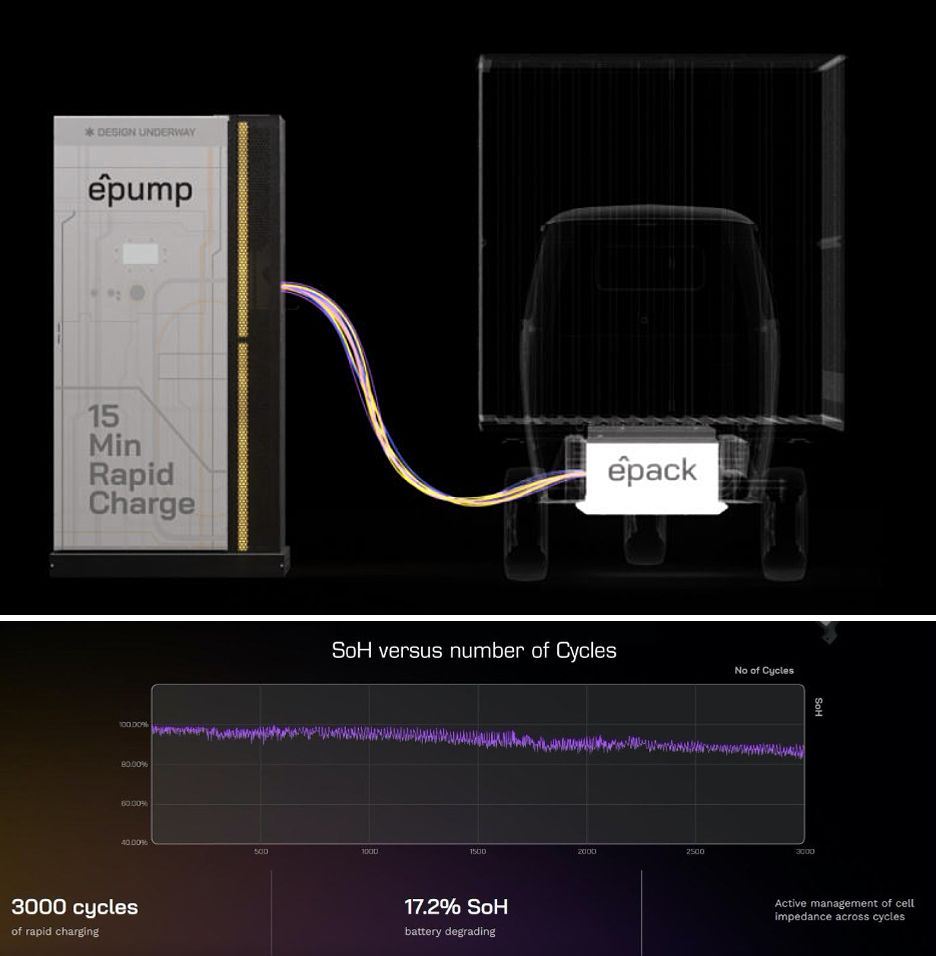Exponent Energy Develops 15-Minute Fast-Charging Battery System for Electric Vehicles Using Model-Based Design
“In just a month, Exponent Energy successfully integrated the battery with the vehicle and conducted multiple charging and discharging tests on the road. We reduced development time significantly using Model-Based Design and MATLAB and Simulink products.”
Key Outcomes
- Accelerated the development, testing, and verification of the entire solution by at least five times using Model-Based Design
- Accelerated product prototyping through code generation with Embedded Coder® and TSP for TI C2000
- Developed an accurate and responsive BMS with improved thermal management, resulting in more than 80% state of health after 3,000 fast-charging cycles
Using Model-Based Design, Exponent Energy was able to rapidly develop a proof of concept (PoC) for a 400V EV battery pack along with a fast charger that can fully charge the battery in 15 minutes. The accelerated development timeline enabled Exponent Energy to demonstrate the technology sooner to potential investors, build confidence in the product, and establish itself as a leader in a competitive market.
Model-Based Design supported effective collaboration between teams, particularly when it came to transitioning charging algorithms from PoC to deployment. Additionally, the ability to visualize design and development processes made it easy to quickly onboard new team members on complex systems, as MATLAB® and Simulink® provided a standardized way to develop algorithms and models. Finally, Embedded Coder Support Package for Texas Instruments C2000 Processors allowed engineers to focus on deploying algorithms to a TI C2000™ microcontroller through code generation—rather than debugging C code for the application and drivers—while minimizing risks in the field. In fact, just three engineers were able to complete the 400V fast charger in a mere 10 days, despite none of them being firmware experts. Support from MathWorks application engineering and training teams enabled Exponent Energy to quickly learn the necessary tools and ramp up the development process.
Exponent Energy’s technology enables batteries to be fully charged in 15 minutes with the battery losing less than 20% of its capacity after 3,000 cycles.
Acknowledgements
Note: Since the MATLAB R2023a release, the HSP (Hardware Support Package) for TI C2000 is available as C2000 Microcontroller Blockset.
